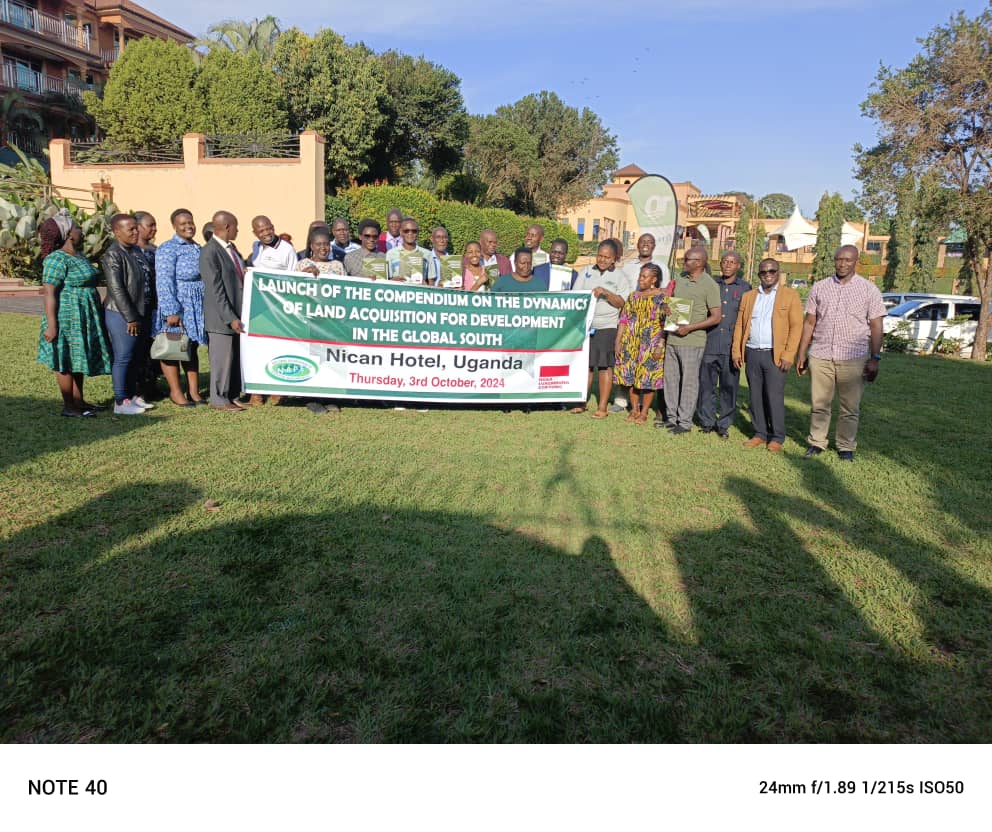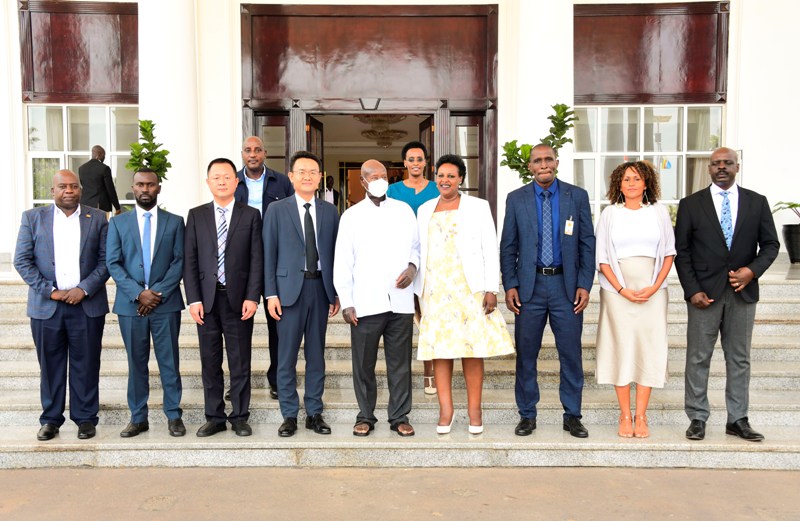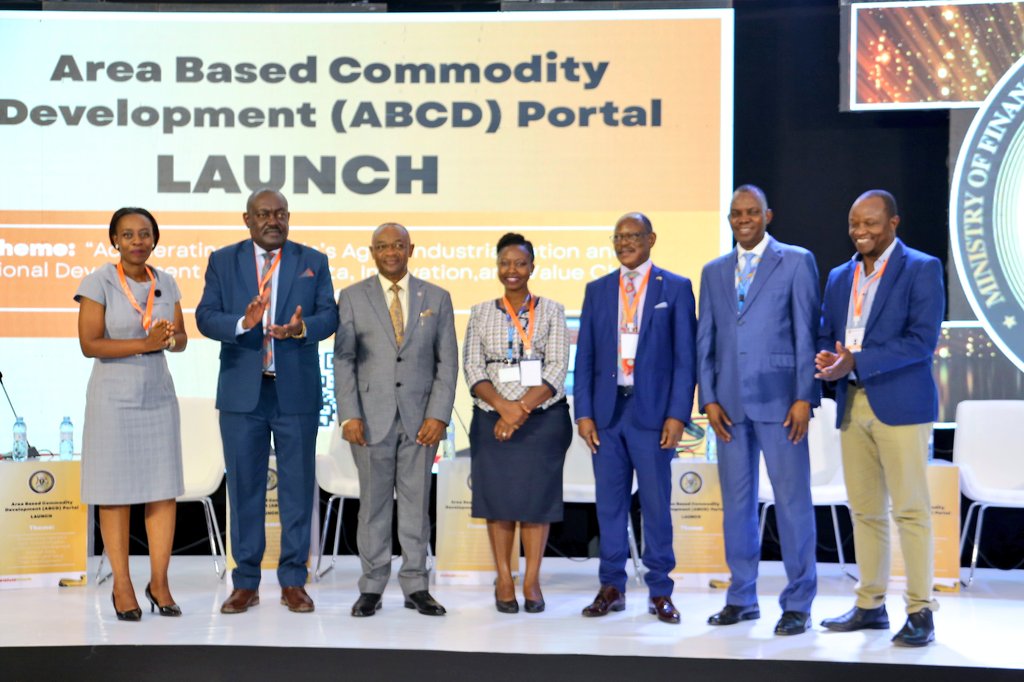NAPE calls for a people-centered development model that protects human rights and environment

The National Association of Professional Environmentalists (NAPE) has called for a development model that prioritizes the needs and well-being of local people in Uganda.
Executive Director, Frank Muramuzi noted that local people’s land is being grabbed in the guise of development by government and investors. He noted that in African countries and Uganda in particular, a few powerful individuals both multinational and domestic acquire land that rightfully belongs to the local people for large plantations and extractive industry leaving the host communities impoverished.
This was during the launch of a compendium on the dynamics of land acquisition for the development in the global south at Nican Resort Hotel on October 3rd.
The compendium is a book that involves thematic topics on emerging land questions relating to how land is acquired for large land-based investments.
It is a product of intellectual study group sessions on Land and Natural resource that NAPE has been convening since January 2023, comprising of Rosa Luxemburg Foundation partners in Uganda as well as other civil society actors, academicians, journalists and opinion leaders.
Muramuzi was speaking in response to the negative impacts of large-scale development, such is oil exploration which he said have led to displacement, food insecurity and environmental degradation.
Richard Mugisha, a Researcher argues that land titling is a new form of land grabbing that is being using by development actors to grab land from individuals.
He said that there is a continuous push for individual land ownership and land titling as opposed to customary land ownership to make it easy for development actors to grab land from individuals.
Mugisha noted that political elites have acted as an umbrella for the land grabbers hence making the communities suffer not only due to lack of knowledge in regards to their rights but also because the laws and policies do not cater for protection and reservation of these rights.
“Customary land that involves many people is hard to put in the market. But with a land title, one can easily be put to corner to easily sell,” said Mugisha
Joram Basiima, a resident of Kigaaga village in Hoima district said they are already experiencing land grabbing by development actors who pay them little money.
They came into our communities of Kikuube and Hoima districts obtaining land from people who are living on the land adjacent to the river line forest.
They gave them some little money, 6 million shillings which could not even buy half an acre. And they were threatening people that they must sell to them or suffer a lot with government,” said Basiima.
Muramuzi also called on communities to start collectively registering the land and also start processing their land titles as a community or a family to be able to protect themselves from land grabbers who take advantage of individual land ownership.







